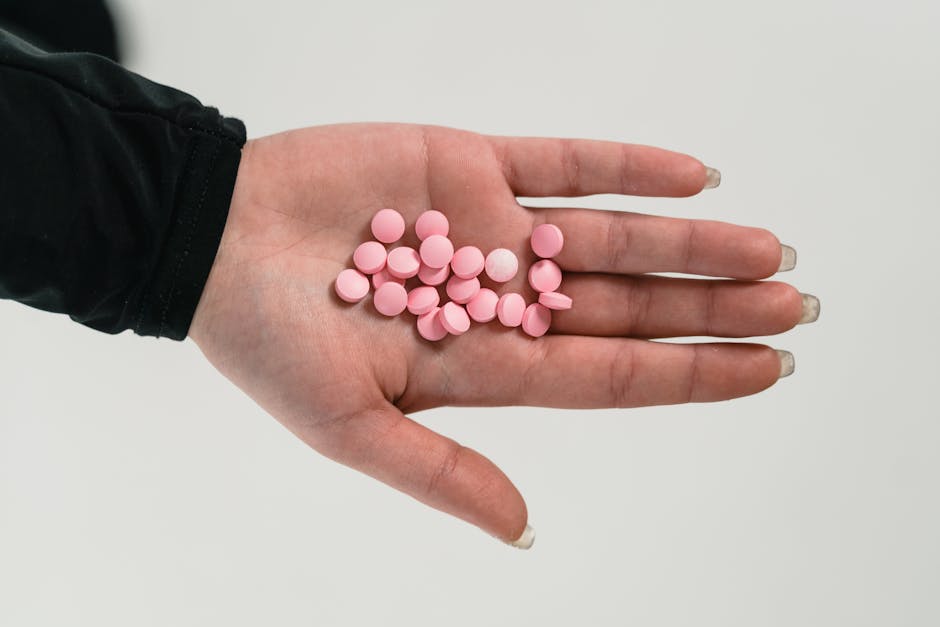Debunking Common Myths About Addiction Recovery
When it comes to addiction recovery, there are many misconceptions and myths that can hinder a person’s journey to sobriety. These myths can perpetuate stigma, create barriers to seeking help, and ultimately undermine the efforts of individuals striving to overcome addiction. In this comprehensive guide, we will explore some of the most common myths about addiction recovery, shedding light on the truth behind these misconceptions.
Myth 1: Once an Addict, Always an Addict

One of the most pervasive myths about addiction recovery is the belief that once someone has struggled with addiction, they will always be an addict. This myth suggests that individuals can never fully recover or lead a fulfilling life free from substance abuse. However, the reality is that addiction is a complex and treatable disease, and recovery is possible with the right support and resources.
Research has shown that many individuals who have struggled with addiction are able to achieve long-term recovery and lead healthy, productive lives. Recovery is a process that involves addressing the underlying causes of addiction, developing coping mechanisms, and building a strong support network. While the risk of relapse is always present, it does not define a person’s entire journey to recovery.
Myth 2: You Can Only Recover from Addiction with Willpower Alone

Another common myth about addiction recovery is the belief that willpower is the only factor that determines success. This myth implies that individuals who struggle to overcome addiction lack the necessary strength or determination to change their behavior. In reality, addiction is a complex condition that involves physical, psychological, and social factors.
While willpower can be an important aspect of recovery, it is not the only determinant of success. Effective addiction treatment often involves a combination of therapy, medication, support groups, and lifestyle changes. By addressing the underlying issues that contribute to addiction and developing healthy coping strategies, individuals can increase their chances of long-term recovery.
Myth 3: Treatment is Only Effective if the Individual Hits ‘Rock Bottom’

There is a common misconception that individuals must reach a low point, or ‘rock bottom’, before they can seek help and recover from addiction. This myth suggests that only when someone has lost everything or faced severe consequences will they be motivated to change their behavior. However, waiting for a person to hit rock bottom can be dangerous and potentially life-threatening.
Effective addiction treatment does not require someone to reach a crisis point before seeking help. In fact, early intervention and treatment can lead to better outcomes and reduce the risk of serious consequences. By providing support, resources, and encouragement, individuals can begin the recovery process at any stage of their addiction.
Myth 4: Recovery is a Linear Process

Many people believe that recovery from addiction is a straightforward, linear process where individuals move steadily from addiction to sobriety. This myth suggests that once someone enters treatment, they will progress steadily towards recovery without any setbacks or challenges. However, the reality is that recovery is a complex and non-linear journey.
Recovery often involves ups and downs, setbacks and successes, and moments of struggle and triumph. Relapse is a common occurrence in addiction recovery, but it does not mean that the individual has failed. Instead, relapse can be a learning experience that helps individuals identify triggers, develop coping strategies, and strengthen their commitment to recovery.
Myth 5: Sobriety is the Only Measure of Success
Another myth about addiction recovery is the belief that sobriety is the only measure of success. This myth implies that individuals who continue to struggle with substance use are not truly in recovery or that their efforts are not meaningful. However, recovery is a personal and individualized process that can look different for everyone.
While sobriety is an important goal in addiction recovery, it is not the only measure of success. Recovery can involve various aspects, including improved relationships, better mental health, increased self-awareness, and a sense of purpose. Success in recovery is about progress, not perfection, and individuals should be celebrated for their efforts and achievements, regardless of where they are in their journey.
Myth 6: Addiction Recovery is a Solo Journey
Many people believe that addiction recovery is a solo journey that individuals must navigate on their own. This myth suggests that seeking help or support is a sign of weakness or failure, and that recovery is something that should be done in isolation. However, the reality is that recovery is often more successful when individuals have a strong support network and access to resources.
Recovery is a collaborative effort that involves the individual, their loved ones, healthcare providers, and community supports. By building a network of support, individuals can access the resources, encouragement, and guidance they need to navigate the challenges of recovery. Seeking help is a sign of strength, not weakness, and can greatly enhance an individual’s chances of long-term success.
Myth 7: Recovery is a One-Size-Fits-All Approach
There is a common misconception that there is a one-size-fits-all approach to addiction recovery, where individuals receive the same treatment regardless of their unique needs and circumstances. This myth implies that recovery programs are rigid and inflexible, and that individuals must conform to a specific model of treatment. However, the reality is that effective addiction treatment is individualized and tailored to each person’s needs.
Recovery programs should be personalized to address the specific challenges, strengths, and goals of the individual. Treatment plans may include a combination of therapy, medication, support groups, and lifestyle changes, depending on the person’s preferences and circumstances. By taking a personalized approach to recovery, individuals can receive the support and resources that align with their unique journey.
Common Misconceptions
It is important to challenge and debunk common myths about addiction recovery to promote understanding, empathy, and support for individuals seeking help. By addressing these misconceptions, we can create a more inclusive and compassionate environment that encourages individuals to seek treatment, access resources, and embark on their journey to recovery.
Conclusion
In conclusion, addiction recovery is a complex and multifaceted journey that requires support, resources, and understanding. By debunking common myths about addiction recovery, we can promote awareness, reduce stigma, and create a more supportive environment for individuals seeking help. Recovery is possible, and every individual deserves the opportunity to lead a healthy, fulfilling life free from addiction.
Remember, recovery is a process, not a destination. It is okay to ask for help, seek support, and take the necessary steps towards a brighter future. Let’s challenge misconceptions, offer compassion, and stand together in the fight against addiction.




